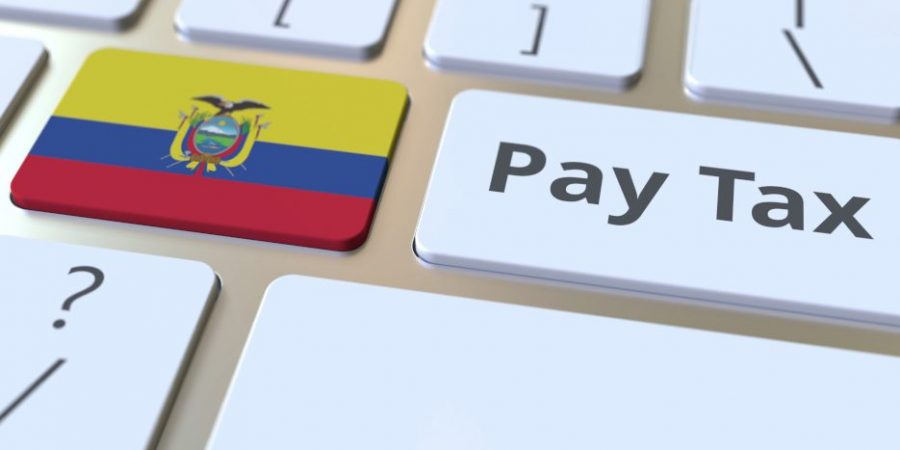Gambling in Ecuador has been banned for almost a decade and, despite a request for a new popular consultation at the end of 2019, the Constitutional Court ruled against the initiative. But despite the ban, the Internal Revenue Service (SRI) of Ecuador has subjected eight online betting operators to a value added tax (VAT).
In a report by El Comercio, a lawyer specializing in taxes – Napoleón Santamaría – explained that since they are based in another country, the companies that offer gambling services are not engaging in an illegal activity and therefore the SRI must collect the tax.
Santamaría explained that as they have international IPs, people in Ecuador can still access those sites. If they had a local IP address, the activity would be illegal, he argued.
Villegas Landázuri, another lawyer specializing in financial law, said that it’s a contradiction that gambling is illegal and that the State collects taxes on the activity.
However, he believes that it is right for the companies to be subject to VAT since they have a digital offering. “In my opinion, the fact that something is banned doesn’t mean that they should not be taxed,” the lawyer said.
He also highlighted that one of the reasons why gambling is illegal is because of problem gambling, although “the development of the digital economy was not taken into account.”
“In practice, I think [the ban] wasn’t as useful as people continue to do so on the internet,” he added.
Currently, casino and betting are considered crimes against consumers’ rights and “other market agents” in the Comprehensive Organic Penal Code (COIP). The Court ruled against a proposal for a popular consultation in Salinas and argued that, if the results were positive, they would be “legally unenforceable” since they would need “to modify general provisions of national scope”.














